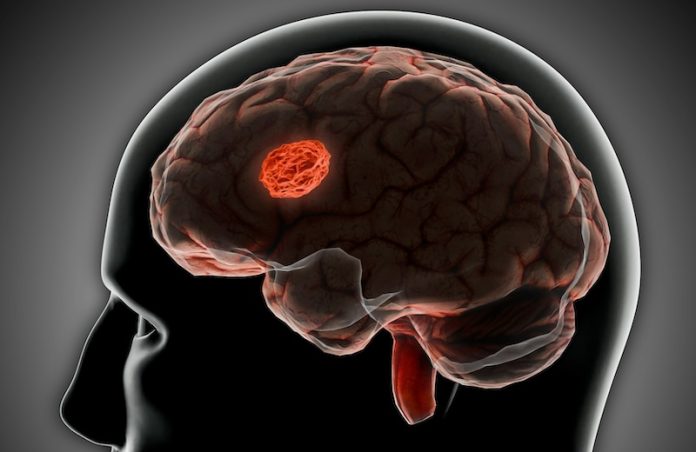
Brain cancer is a complex and scary disease that affects many people worldwide. Even with advances in medical research, scientists are still trying to fully understand what causes it.
While we don’t have all the answers yet, there are several known factors that seem to increase the risk of developing brain cancer. In this article, we’ll explore these factors in a simple, easy-to-understand way.
One of the most well-known causes of brain cancer is exposure to ionizing radiation. This type of radiation is high-energy and can damage the DNA in our cells, which can lead to cancer.
People who have received radiation treatment for other cancers, especially in the head area, have a higher risk of developing brain tumors later in life.
For example, a study published in The Lancet Oncology found that children who had radiation therapy for leukemia were more likely to develop brain cancer as adults. This highlights the potential long-term risks of radiation exposure.
Genetics also play a role in brain cancer risk. Some people are born with genes that make them more likely to get the disease. Certain genetic conditions, like neurofibromatosis, Li-Fraumeni syndrome, and tuberous sclerosis, increase the chances of developing brain tumors.
For instance, people with Li-Fraumeni syndrome have a mutation in a gene called TP53. Normally, this gene helps protect cells from becoming cancerous.
When the gene doesn’t work properly, cells can more easily turn into cancer cells. Studies have shown that people with these genetic conditions are more likely to develop brain cancer compared to others.
There are also environmental factors that might contribute to brain cancer. Although the evidence isn’t as strong as it is for radiation and genetics, some studies suggest that being exposed to certain chemicals might increase the risk.
For example, researchers have looked into the link between brain cancer and pesticides, solvents, and other industrial chemicals.
A study in Environmental Health Perspectives found that people who are often exposed to pesticides at work may have a slightly higher risk of brain tumors. However, more research is needed to fully understand how these chemicals affect brain cancer risk.
Viruses and infections are another area scientists are studying to see if they could be linked to brain cancer. Some viruses can insert their genetic material into human DNA, which can sometimes cause cancer.
For instance, the Epstein-Barr virus—which causes mono—has been linked to a higher risk of a specific type of brain tumor called primary central nervous system lymphoma.
Another virus, human papillomavirus (HPV), is already known to cause other types of cancer, such as cervical and head-and-neck cancers.
While researchers are still studying the connection between viruses and brain cancer, these findings suggest that infections might play a role in some cases.
There are also some lifestyle factors that could impact brain cancer risk, though the evidence is not as clear. Some studies suggest that a diet high in processed meats and low in fruits and vegetables could increase the chances of developing brain cancer.
On the flip side, eating a healthy diet rich in antioxidants, which are found in fruits and vegetables, might help lower the risk. Antioxidants protect cells from damage caused by free radicals, which are unstable molecules that can harm cells and potentially lead to cancer.
Similarly, regular exercise and maintaining a healthy lifestyle may help lower the risk, but more research is needed to confirm this.
It’s important to remember that brain cancer can still occur without any known cause. Many people who are diagnosed don’t have any of the risk factors mentioned above. This unpredictability makes brain cancer difficult to understand and treat.
In conclusion, while we have made progress in identifying some of the factors that may cause brain cancer, much remains to be learned.
Radiation exposure, genetic factors, environmental chemicals, infections, and lifestyle choices all seem to play a role in increasing the risk, but scientists are still trying to understand exactly how these factors contribute to the disease.
As research continues, we hope to uncover more information about brain cancer and develop better ways to prevent and treat it.
If you care about cancer, please read studies that low-carb diet could increase overall cancer risk, and new way to increase the longevity of cancer survivors.
For more information about cancer, please see recent studies about how to fight cancer with these anti-cancer superfoods, and results showing daily vitamin D3 supplementation may reduce cancer death risk.
Copyright © 2024 Knowridge Science Report. All rights reserved.



